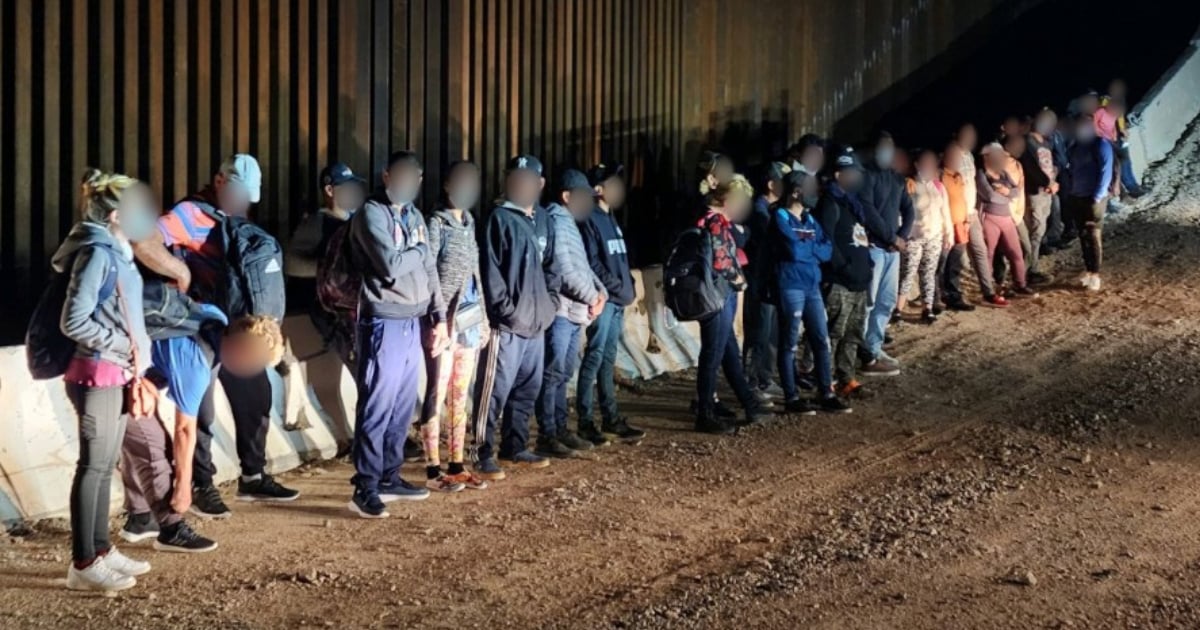The Biden administration has decided not to extend the legal status of tens of thousands of Venezuelan migrants who arrived in the United States through a humanitarian parole program initiated by the president in October 2022. U.S. officials confirmed to CBS News that starting this month, the parole status allowing beneficiaries to live and work legally in the U.S. for two years will begin to expire for the initial groups of Venezuelans who arrived in October 2022.
Unlike other groups, such as Afghan and Ukrainian refugees, the administration has opted not to offer an extension of parole for Venezuelans, leaving many in a legal limbo. In October 2022, President Biden approved the sponsorship program for Venezuelans and expanded it in January 2023 to include Cubans, Haitians, and Nicaraguans, aiming to curb illegal crossings at the Mexican border. On October 13 of that year, the U.S. returned all Venezuelans who crossed the border without travel authorization to Mexico.
Implications of the Expiring Program
This policy impacts those who arrived as part of the initial group benefiting from the program known as CHNV. The program provided Venezuelans with a legal pathway to enter the United States, given they had a resident sponsor in the country. By the end of August, around 530,000 individuals had entered under this policy, approximately 117,000 of whom are Venezuelans.
The Department of Homeland Security (DHS) will instruct affected Venezuelans to seek another immigration benefit or leave the country. Some may qualify for Temporary Protected Status (TPS) if they arrived before July 2023 or attempt to apply for asylum, but only if they can demonstrate persecution based on specific grounds.
Political and Social Repercussions
The decision may draw criticism from migrant rights advocates who argue that Venezuelans are being treated inequitably compared to other groups admitted under similar conditions. However, with the presidential elections just a month away, the move could appease Republican critics who have criticized the CHNV program as bypassing immigration processes established by Congress.
Last September, a spokesperson for the U.S. Department of Homeland Security (DHS) warned that migrants from Cuba, Haiti, Nicaragua, and Venezuela admitted under the humanitarian parole program have only two years to regularize their immigration status; otherwise, they will face deportation.
In 2023, a bipartisan legislative proposal similar to the Cuban Adjustment Act was introduced for Venezuelans, aiming to grant permanent residency in the United States to thousands of immigrants from that nation.
